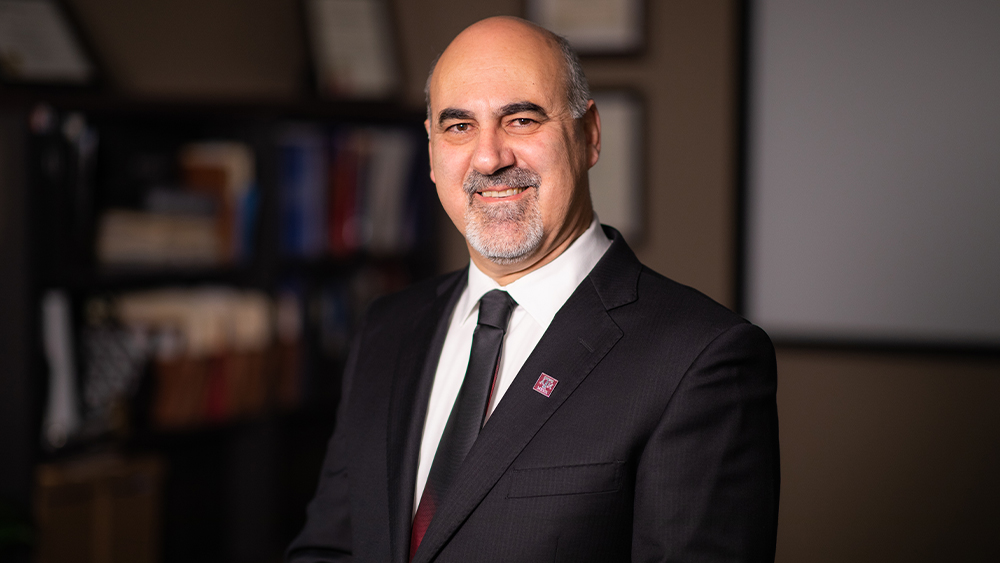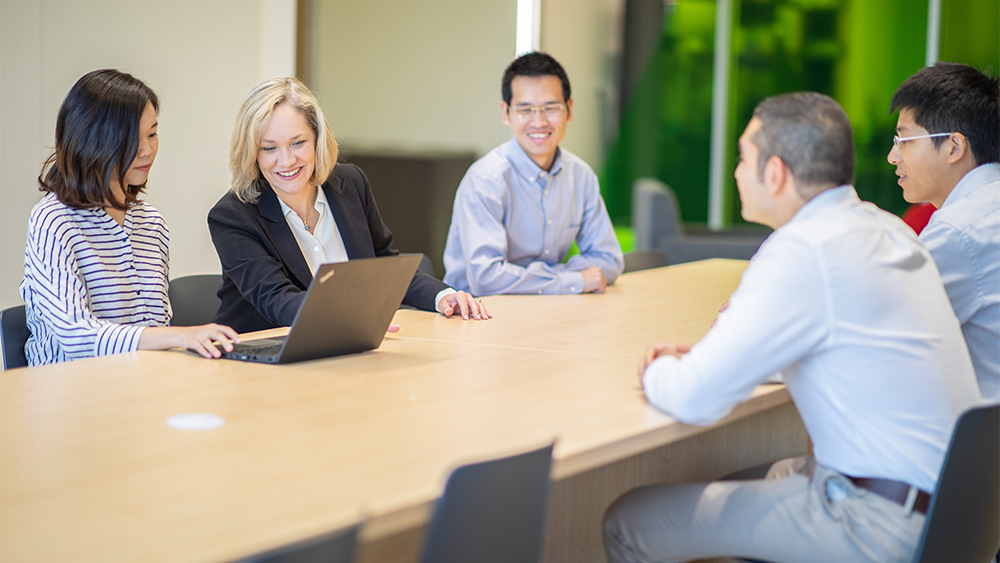
Funded by the National Science Foundation (NSF), a grant was awarded to the J. Mike Walker ’66 Department of Mechanical Engineering at Texas A&M University to induce collaboration among faculty members by encouraging testing and sharing of teaching methods to transform the department's cultural norms.
“The effort of the mechanical engineering department is very timely and will significantly enhance the diversity, recruitment and retention efforts of the College of Engineering and serve as a model for other departments and universities,” said Dr. M. Katherine Banks, vice chancellor and dean of engineering (since the publication of this article, Dr. Banks has been appointed Texas A&M University president, effective June 1, 2021).
Research has shown that faculty’s views of great teaching are often based on individual experience and informal grassroots collaborations rather than a top-down approach. The approach used here will be based upon Lean Startup methods focusing on sustained incremental improvements rather than episodic upheavals. The project will empower and facilitate interested faculty to participate in small groups that strive to develop a vision for change. Instead of training to teach, the project will train these teams to experiment and share by implementing hypothesized improvements and measuring the effectiveness of teaching styles.
“This is a unique proposal that aims to change the culture and mindset of faculty and how we teach to the current generation of students,” said Dr. Andreas Polycarpou, head of the mechanical engineering department, and a principal investigator on the project. “In the same way faculty experiment with their research, we want them to follow a similar process of teaching.”

The grant will primarily be used to develop training sessions that motivate change, make active classrooms work and break down implicit biases.
“Unlike some negative stereotypes for faculty members, most are constantly tweaking courses to benefit the students,” said Dr. Karan Watson, a co-principal investigator from the Department of Electrical and Computer Engineering. “The lag time to ensure tweaks are working, and the lack of the convenient environments to explore and share these tweaks with experienced peers, result in slow advances of teaching. This project will model how to accelerate the incorporation of innovative teaching approaches for most faculty members in an engineering department.”
By sharing among peers and practicing self-evaluation, the goal is to systemically spread grassroots changes through a large department more effectively. Ultimately, this will create a unity of purpose across the department, serving better student learning in both research and classroom experiences.
“Students will benefit because they will participate and give feedback, and will be able to help move the department’s courses toward more inclusive and hands-on formats,” said Dr. M. Cynthia Hipwell, a professor in the department, and a co-principal investigator on the project. “These small changes, shared with others, can add up to a great deal of new learning and transformation. We want to develop a shared vision and culture of continuous improvement of teaching.”
The grant took effect on Sept. 1, and the project will continue until late 2023. The other co-principal investigators are Dr. Arun Srinivasa from the department and Dr. Mindy Bergman, executive director of Interdisciplinary Critical Studies from the College of Liberal Arts.